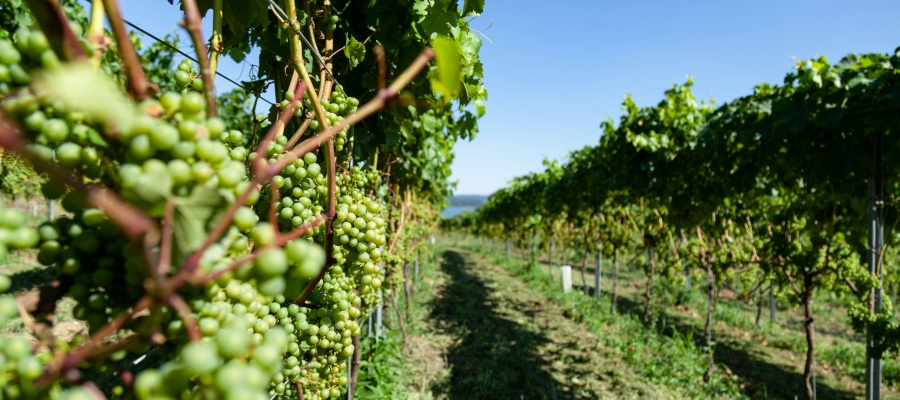
Interviews
More News
Sign up to the Whisky Magazine
newsletter letter and get access to the latest
in all things whisky
Famousvineyard. Copyright © 2025 all rights reserved.